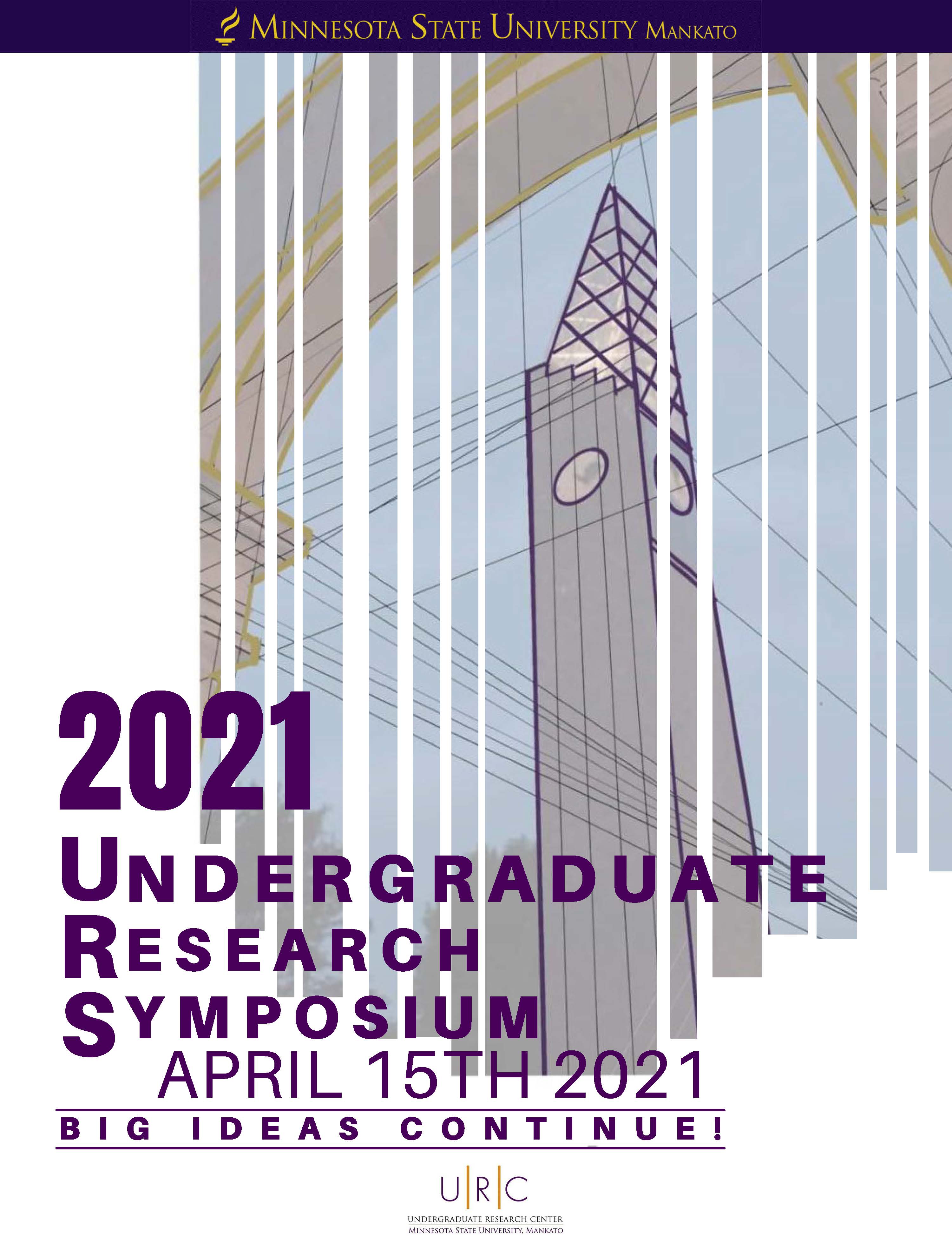Discerning Science Fact from Science Fiction: Effects of Science Fiction Media Consumption on Undergraduate Perceptions of Neurotechnology
Start Date
15-4-2021 11:00 AM
End Date
15-4-2021 11:15 AM
Student's Major
Psychology
Student's College
Social and Behavioral Sciences
Mentor's Name
Adam Steiner
Mentor's Department
Psychology
Mentor's College
Science, Engineering and Technology
Description
Media can undeniably influence how college students perceive scientific concepts. Advances in neurotechnology, such as electroencephalograms (EEG), are becoming more popular in the media. Neurotechnology is depicted both accurately and inaccurately in science-fiction media. Science literacy seems to positively affect how college students integrate this information into their real-life understanding of technologies such as EEGs. In contrast, lack of scientific knowledge may produce overconfidence in self-perceived knowledge of neurotechnology. This effect appears to be independent from the accuracy of students' understanding of EEGs. This implies that science literacy fosters skepticism. The overall goal of our study was to determine the relationship between science fiction media consumption, basic science literacy/demographic information, and students self-reported familiarity with neuroscience. A survey was used to gather information about college students beliefs about the accuracy of neurotechnology portrayals in science-fiction. In addition, participants gave a self-perceived rating of their knowledge of EEGs, as well as listed examples of science-fiction media associated with these technologies. We compared participant’s science literacy scores to science fiction media consumption scores and their self reported EEG knowledge. To determine a Science-Fiction Media Literacy score, media titles were used as unique keywords (i.e. Black Mirror, the Maze Runner) and then compared using Google Trends to identify how frequently they were searched for in the United States. Comparisons were kept consistent through the use of a ground truth term used in all comparisons and defined as the most searched for term. Our goal is to identify the influence that science-fiction media has on the understanding of factual information. We hope to illuminate the relationship between science literacy, science-fiction media consumption, and familiarity of neurotechnologies (such as EEGs). These data will inform educators and parents who wish to counteract the misleading information the public receives from science-fiction media.
Discerning Science Fact from Science Fiction: Effects of Science Fiction Media Consumption on Undergraduate Perceptions of Neurotechnology
Media can undeniably influence how college students perceive scientific concepts. Advances in neurotechnology, such as electroencephalograms (EEG), are becoming more popular in the media. Neurotechnology is depicted both accurately and inaccurately in science-fiction media. Science literacy seems to positively affect how college students integrate this information into their real-life understanding of technologies such as EEGs. In contrast, lack of scientific knowledge may produce overconfidence in self-perceived knowledge of neurotechnology. This effect appears to be independent from the accuracy of students' understanding of EEGs. This implies that science literacy fosters skepticism. The overall goal of our study was to determine the relationship between science fiction media consumption, basic science literacy/demographic information, and students self-reported familiarity with neuroscience. A survey was used to gather information about college students beliefs about the accuracy of neurotechnology portrayals in science-fiction. In addition, participants gave a self-perceived rating of their knowledge of EEGs, as well as listed examples of science-fiction media associated with these technologies. We compared participant’s science literacy scores to science fiction media consumption scores and their self reported EEG knowledge. To determine a Science-Fiction Media Literacy score, media titles were used as unique keywords (i.e. Black Mirror, the Maze Runner) and then compared using Google Trends to identify how frequently they were searched for in the United States. Comparisons were kept consistent through the use of a ground truth term used in all comparisons and defined as the most searched for term. Our goal is to identify the influence that science-fiction media has on the understanding of factual information. We hope to illuminate the relationship between science literacy, science-fiction media consumption, and familiarity of neurotechnologies (such as EEGs). These data will inform educators and parents who wish to counteract the misleading information the public receives from science-fiction media.




